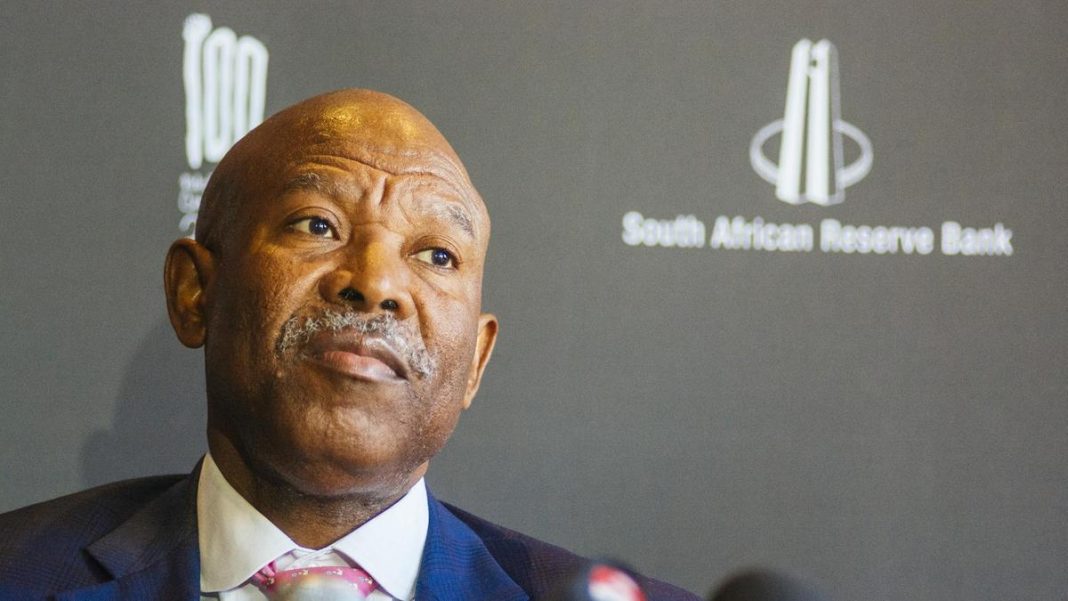The South African Reserve Bank’s (SARB) Monetary Policy Committee (MPC) has voted to lower the repo rate from 6.5% to 6.25%.
The unexpected 25 basis points cut is expected to provide stimulus to the sluggish economy as the central bank lowered its inflation forecasts significantly.
“While the committee would like to see the inflation expectations anchored closer to the midpoint of the inflation target range on a sustained basis, the lower inflation forecast and improved risk profile opens some space to provide further policy accommodation to the economy,” said SARB Governor Lesetja Kganyago.
South Africa’s public finances are under severe strain after repeated bailouts to ailing state firms like power utility Eskom and a steep run-up in public debt.
The decision to cut the rate was unanimous and the first drop since July last year. As a result of the cut the prime rate will fall to 9.75%.
The repo rate is the benchmark interest rate at which the Reserve Bank lends money to other banks.
Announcing the cut, Kganyago, painted a bleak picture about the state of South Africa’s struggling economy, using terms such as “weak” and “vulnerable” and said energy supply constraints would probably keep activity muted in the near term.
The bank now estimates that South Africa’s GDP will only expand by 0.4% in 2019. GDP outlooks for 2020 and 2021 were also downgraded to 1.2% and 1.6%.
He said the MPC would continue to monitor inflation.
“Monetary policy actions will continue to focus on anchoring inflation expectations near the midpoint of the inflation target range in the interest of balanced and sustainable growth.
“In this persistently uncertain environment, future policy decisions will continue to be highly data-dependent, sensitive to the balance of risks to the outlook, and will seek to look-through temporary price shocks.”
Some analysts were doubtful that Thursday’s policy easing would do much to lift the growth rate, pointing to the need for meaningful economic reform.
“This cut is positive but one or even two cuts will not change things significantly for the outlook for the economy,” Magdalena Polan, global emerging markets economist at Legal & General Investment Management told Reuters.

